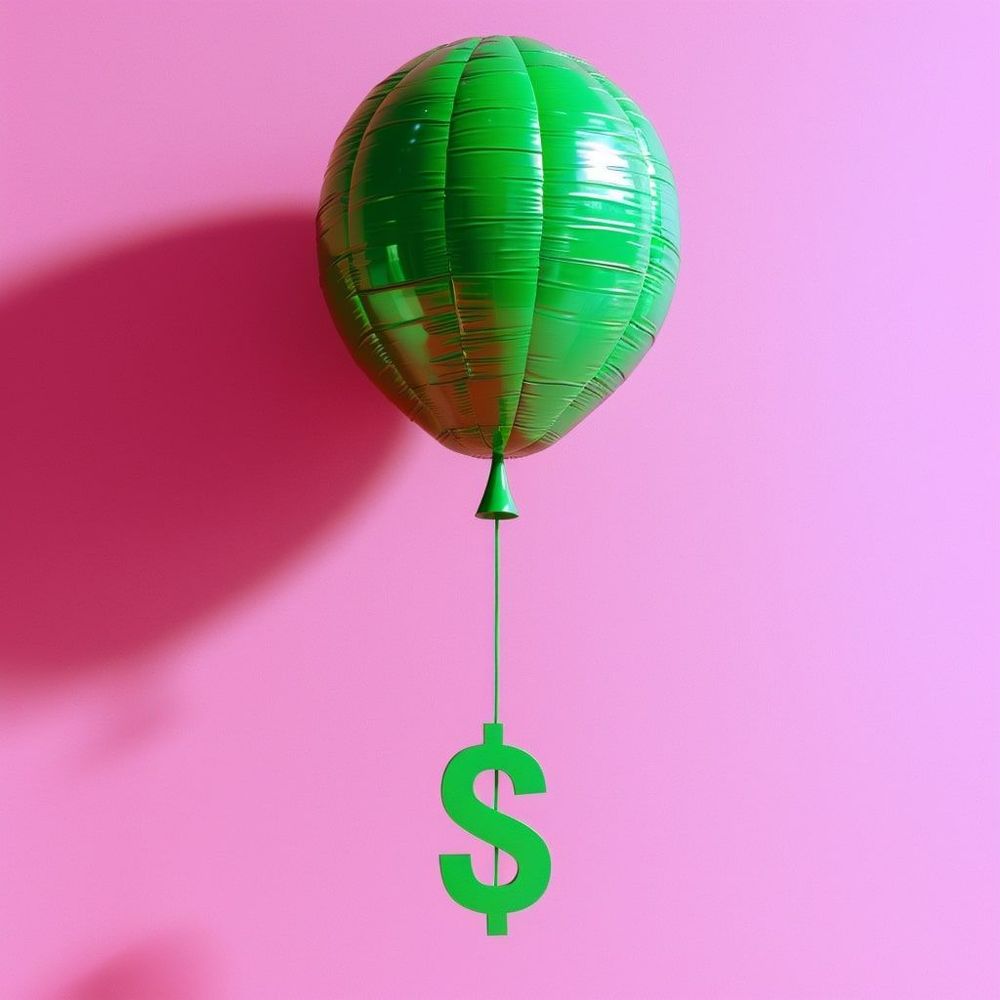Blockchain: The Future of Banking Without Fractions
Could Blockchain End Fractional Reserve Banking?
Banks have been playing the fractional reserve game for centuries. What’s that? Basically, banks keep only a small chunk of your money in their vaults and loan the rest out. It works because most of us don’t show up to withdraw everything at once. But what if there’s a way to ditch this system entirely? That’s where blockchain might come in.
The Gold Standard is Dead. Long Live Blockchain?
Back in 1971, the U.S. ditched the gold standard—aka when dollars were backed by gold bars. This gave central banks the green light to print money like it’s Monopoly cash, with no hard assets to back it up. Since then, banks have been comfortably operating in this “fractional reserve” world.
Calls for a better, more transparent system aren’t new, but blockchain technology might finally make it possible. Think of blockchain as a digital ledger: every transaction is recorded, verified, and open for anyone to check. No secrets, no shady backdoor deals. Unlike gold, which was hard to manage and audit, blockchain makes tracking money a breeze.
The “Trustless” Revolution
With blockchain, cryptocurrencies like Bitcoin store all their transactions on a public ledger. You don’t need to “trust” a bank or government to prove they have your money. You can just verify it yourself. No middlemen, no excuses.
Plus, you can store your own Bitcoin (or any other crypto) without needing a bank at all. Forget the bank fees, forget the risk of your funds being frozen or manipulated. Blockchain puts the power back in your hands.
So, Is Blockchain the Fix?
Blockchain could fix some big issues with fractional reserve banking. It’s transparent, decentralized, and cuts out the middleman. But it’s not perfect—crypto still has volatility issues, and not every digital currency will survive the long run.
Still, for anyone sick of trusting banks with their hard-earned money, blockchain offers a pretty exciting alternative.
TL;DR: Banks lend out most of your money and hope you don’t notice. Blockchain flips the script by making money systems transparent and cutting out banks. It’s not flawless, but it’s a step toward a fairer financial system.

Recent News
All Time High • Live
Have questions or want to collaborate? Reach us at: [email protected]










